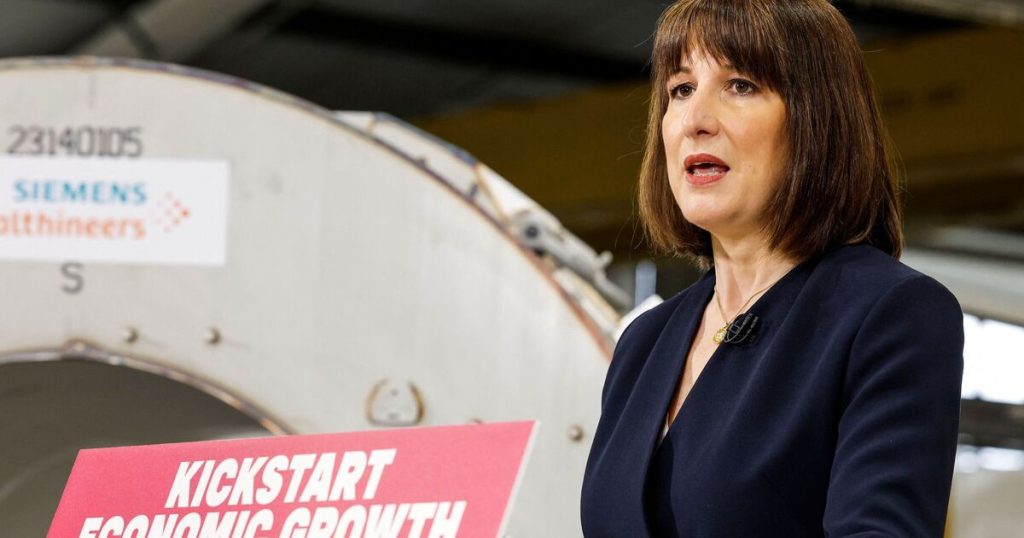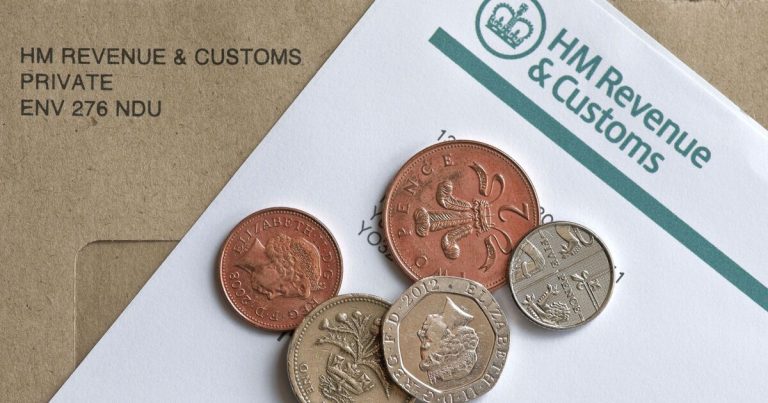
Motorists have secured a major victory as the UK’s highest court rejected Chancellor Rachel Reeves’ attempt to intervene in a high-stakes legal battle over the car loan commission scandal.
The decision dealt a significant blow to the financial sector and the government’s efforts to protect lenders from a multi-billion-pound compensation bill.
At the centre of the legal case is an allegation that potentially millions of drivers were hit with secret commissions on car loans when they bought a new vehicle.
Last year the Court of Appeal ruled that that these undeclared commissions were unlawful so opening the door to compensation payments to the drivers involved running to billions of pounds.
Rachel Reeves and the Treasury moved to protect the finance giants involved by seeking to intervene in the case with a view to limiting compensation, however this week the Supreme Court ruled against the government.
This rejection marks a potential turning point in the battle between drivers and finance giants, with analysts warning that banks and lenders could now face up to £44 billion in compensation claims.
Blow to lenders as stocks tumble
The ruling sent shockwaves through the stock market, reversing recent gains among major lenders. Lloyds Banking Group, which owns the Black Horse vehicle finance business, saw its shares fall 3.12% to 62.16p, while Close Brothers, another major motor finance provider, suffered an 8.05% drop to 320p on the London Stock Exchange.
The Treasury’s intervention had initially boosted investor hopes that lenders would be shielded from the full impact of compensation payouts, but the Supreme Court’s rejection has cast fresh doubt over their financial prospects.
Close Brothers and FirstRand, the South African parent company of MotoNovo, had appealed to the Supreme Court to overturn the October Court of Appeal ruling, which expanded the Financial Conduct Authority’s (FCA) investigation into the sector.
The ruling confirmed that lenders failing to disclose commission payments to car dealers had acted unlawfully, paving the way for millions of customers to claim compensation.
Treasury’s failed attempt to protect lenders
The Treasury had sought to intervene in the Supreme Court case, arguing that any redress should be “fair and proportionate” to avoid destabilising the motor finance market.
However, Reeves’ involvement was widely seen as an attempt to limit financial liability for lenders under pressure from the banking sector. And consumer advocates accused her of caving to financial industry lobbying at the expense of affected borrowers.
Despite the Treasury’s setback, the FCA has been granted permission to intervene in the Supreme Court case. A spokesperson for the regulator stated: “We have been granted permission to intervene in the case and look forward to assisting the court.”
The FCA’s involvement raises the possibility that compensation payouts could be calculated in a way that balances consumer redress with financial stability.
Consumer groups welcome court’s stance
The rejection of the Treasury’s application has been hailed as a win for consumer rights groups, who have long argued that drivers were unfairly misled by hidden commission structures.
Alex Neill, co-founder of the campaign group Consumer Voice, expressed disappointment that her organisation’s bid to intervene was also rejected but emphasized that borrowers’ concerns must be addressed.
“An overwhelming majority of car finance customers have told us they are concerned about the practice of dealers being paid commission,” Neill said.
“People trust their car dealer to act in their best interests when arranging finance. Yet, this trust is clearly being abused by some dealers in the market.”
What’s next?
With the Supreme Court hearing to decide on the merits of the case scheduled for April, the fate of the motor finance industry—and the potential payouts for misled borrowers—remains uncertain.
Financial analysts warn that the ruling could have long-lasting implications for lenders and consumers alike.
Gary Greenwood, an analyst at Shore Capital, noted: “The situation and potential outcome remain subject to significant uncertainty. While the mood music had been improving for lenders, this news highlights that the process will be far from straightforward.”
Despite the ongoing legal battle, campaigners see the Supreme Court’s latest decision as a step toward justice for drivers who were unknowingly saddled with inflated car loan costs due to undisclosed commission payments.
The ruling signals a shift in power away from finance giants and government intervention, reinforcing consumer rights and fairer lending practices in the motor finance sector.






